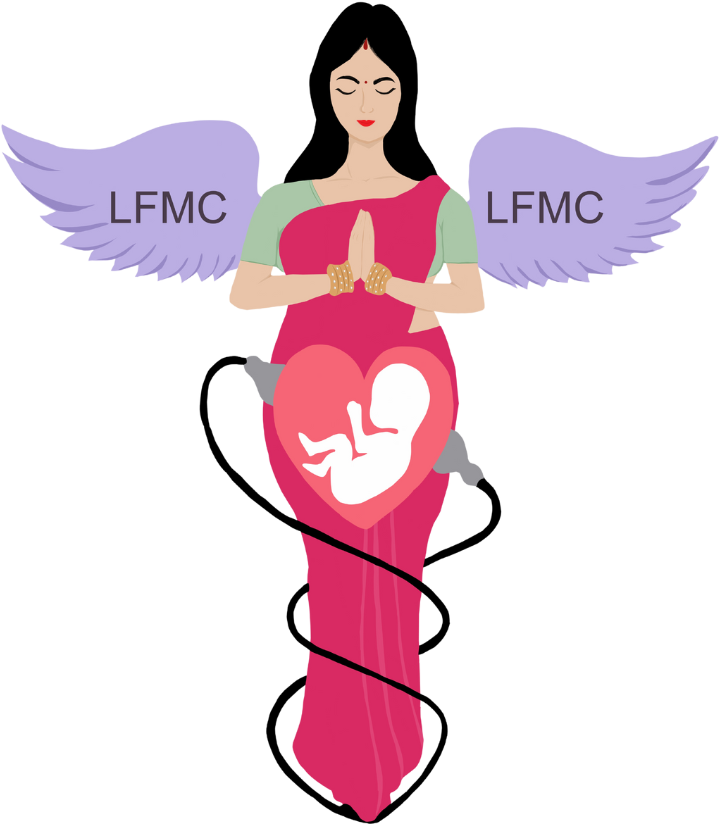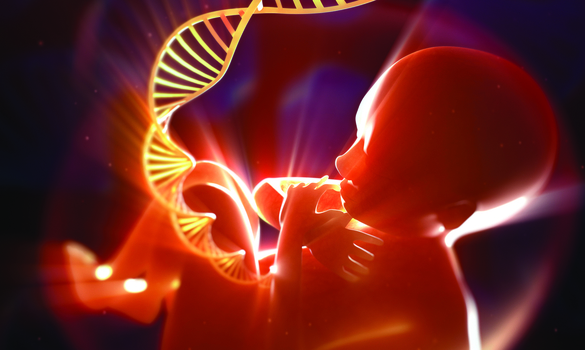Aneuploidy: What Is It?
The human body is composed of a vast number of cells, each of which contains essential genetic information stored in the form of chromosomes. When a cell has an unusually high number of chromosomes, it is called aneuploidy. Humans typically have 46 chromosomes, which are paired off into 23 pairs. An additional chromosome (trisomy) or a missing chromosome(monosomy) are the two outcomes of aneuploidy. Typical aneuploidies consist of:
- Down Syndrome (Trisomy 21): This is the most common form of aneuploidy, where there is an extra copy of chromosome 21.
- Edwards Syndrome (Trisomy 18): A condition caused by an extra chromosome 18, leading to severe developmental delays and often a shortened lifespan.
- Patau Syndrome (Trisomy 13): This occurs when there is an extra chromosome 13, leading to profound intellectual disability and physical abnormalities.
- Sex Chromosome Aneuploidies: These involve abnormalities in the number of X or Y chromosomes, leading to conditions like Turner syndrome (where there is a missing X chromosome) or Klinefelter syndrome (where there is an extra X chromosome in males).
Why Is Screening for Aneuploidy Important?
1. Prompt Identification and Evaluation
Screening for aneuploidy helps identify chromosomal problems early in pregnancy. This early detection allows parents and healthcare providers to make informed decisions about further tests, medical care, and next steps. It provides crucial information to help parents prepare emotionally, financially, and medically for the arrival of a child who may have special needs.
2. Tailored Antenatal Care
The results of prenatal screenings help tailor care to each pregnancy's specific needs. For instance, if a screening shows a higher risk of aneuploidy, doctors might recommend further tests like amniocentesis or chorionic villus sampling (CVS). This way, a personalised care plan can be made to monitor and manage any possible issues.
3. Informed Decision-Making
Aneuploidy screening gives parents crucial information about their baby's health. This knowledge helps them make important decisions, such as whether to continue the pregnancy, consider adoption, or prepare for a child with special needs. It also allows parents to seek out resources and support early on.
Types of Screening Tests for Aneuploidy
- Preliminary Trimester Screening
Translucency nuchal (NT) Ultrasound: It calculates the amount of fluid behind the baby's neck.
Blood tests: Determines levels of human chorionic gonadotropin (hCG) and pregnancy-associated plasma protein-A (PAPP-A).
- Prenatal Testing That Is Not Invasive (NIPT)
Fetal DNA that is floating about in the mother's blood is examined by NIPT. It can be performed as early as the tenth week of pregnancy and is incredibly accurate. In addition to screening for common trisomies, NIPT can identify the sex of the infant.
- Screening in the Second Trimester
Quad Screen: Determines the mother's blood levels of four chemicals: alpha-fetoprotein (AFP), human chorionic gonadotropin (hCG), estriol, and inhibin-A. It provides important information that can guide further diagnostic testing and prenatal care.
- Diagnostic Tests: Amniocentesis and Chorionic Villus Sampling (CVS):
While screening tests can indicate the likelihood of aneuploidy, diagnostic tests like amniocentesis and CVS provide a definitive diagnosis. These tests involve extracting and analysing cells from the amniotic fluid or placenta to check for chromosomal abnormalities.
Interpreting the Screening Results
Aneuploidy screening gives an idea of the risk rather than a definite answer. For example, the results might show a chance like 1 in 1,000 that the baby could have a chromosomal issue. If the screening suggests a higher risk, more detailed tests, like amniocentesis or chorionic villus sampling (CVS), might be recommended to get clearer answers about the baby's genetic health.
Aneuploidy screening is a vital part of prenatal care, offering parents valuable insights into their baby's health. By identifying potential genetic issues early on, it allows families to make informed decisions and prepare for the future, whether that means embracing the joys and challenges of raising a child with special needs or exploring other options. Understanding the importance of this screening empowers parents to provide the best possible start for their baby, surrounded by the right support and resources.
At our hospital, we prioritise your family’s peace of mind by offering comprehensive aneuploidy screening, backed by a specialised fetal medicine care team. Our team members are dedicated to providing you with personalised support throughout your pregnancy journey. From consultation to testing and beyond, you can trust that you and your baby are in the best hands possible. We’re here to guide you every step of the way with compassion, expertise, and a deep commitment to your well-being.

